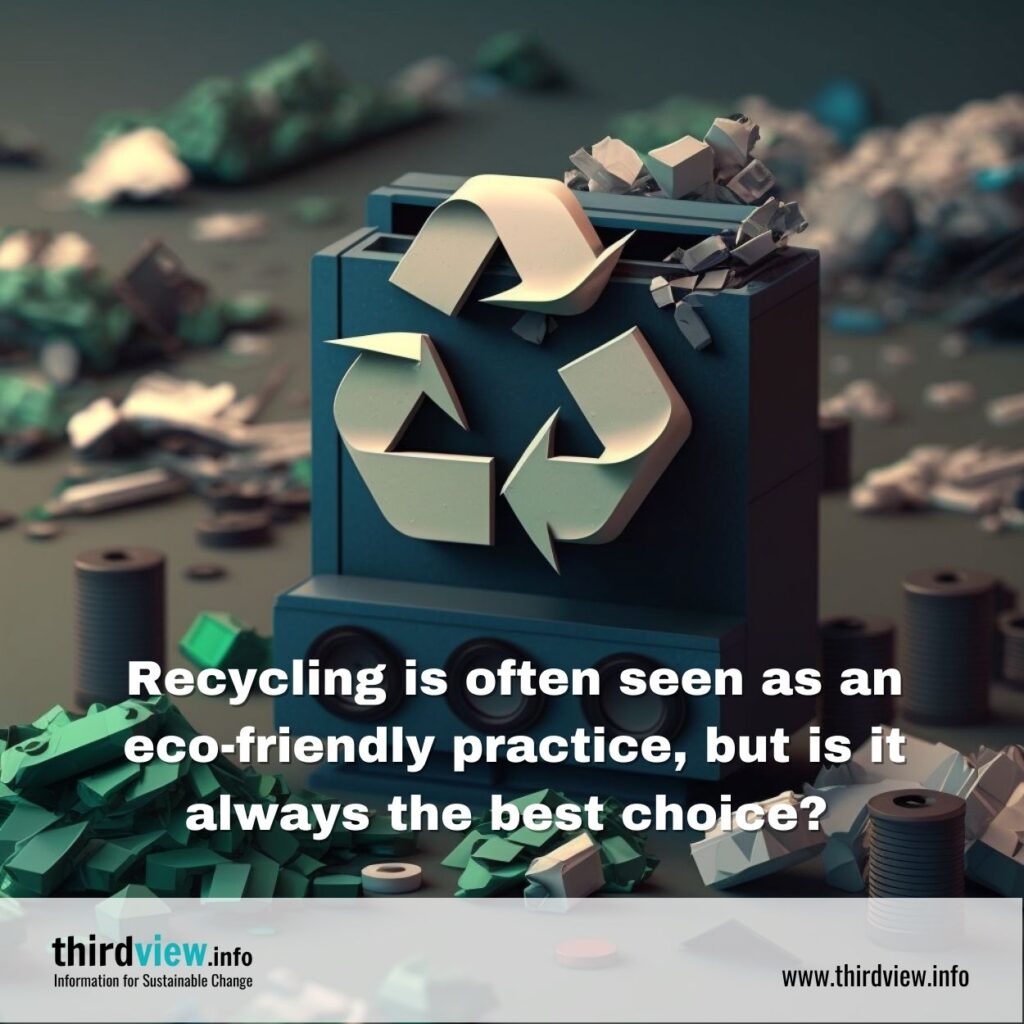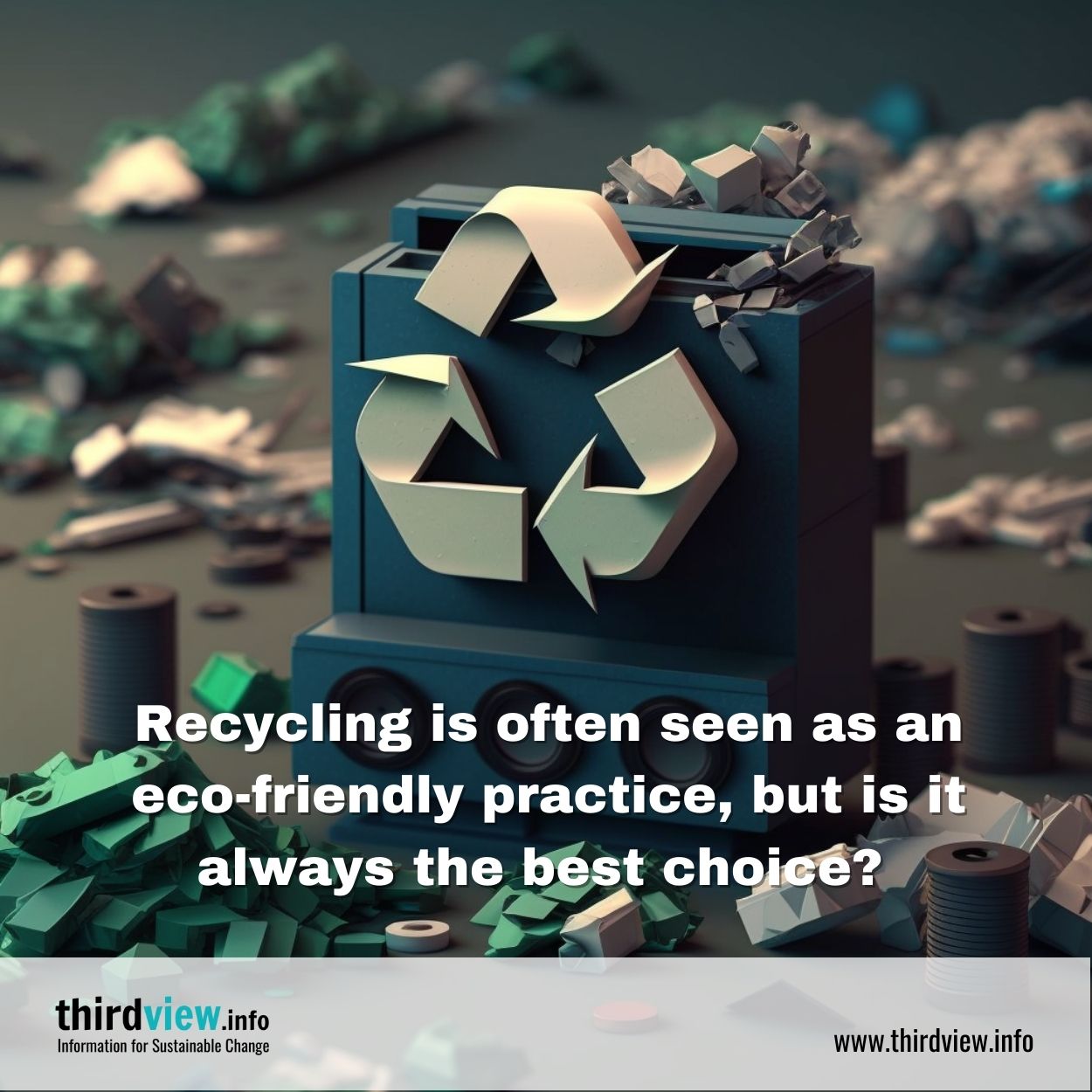Recycling is often touted as an essential part of living an eco-friendly lifestyle. It’s true that reducing the amount of waste we create is an important part of protecting the environment—but is recycling always the best option? Here, we take a closer look at some of the pros and cons associated with this popular practice.
The Pros of Recycling
Recycling is an excellent way to reduce waste by taking materials that would otherwise end up in landfills or incinerators and turning them into new products. It also helps conserve resources because recycled materials require less energy to produce than new ones. Additionally, recycling creates jobs in sorting centres, processing plants, and other related industries. It can also help reduce costs by cutting the expense of disposing of waste at landfills, as well as creating new business opportunities by providing companies with the option to purchase recycled materials for their use instead of buying new products. Finally, it can help reduce pollution by cutting down on emissions from production processes.
The Cons of Recycling
On the flip side, there are some downsides to recycling as well. If done improperly or inefficiently, recycling can actually create more waste than if no effort was made at all. Certain types of materials are not recyclable or only have limited use once they have been recycled. This means that they will still end up in landfills eventually. Some materials that cannot be recycled profitably end up being sent overseas where labour costs are cheaper and regulations on waste disposal are laxer. This can have serious negative impacts on the environment and public health in these countries due to unregulated dumping and burning of hazardous materials. In addition, some materials require more energy to recycle than to produce from scratch. Finally, some areas may lack the necessary resources, such as sorting plants, storage facilities, and transportation systems, to effectively manage the recycling process. This means that materials may need to be shipped long distances to be recycled, which can be expensive and generate additional emissions.
Overall, while recycling can be beneficial in many ways, it’s important to recognize that it is not always the best choice when it comes to conserving resources or reducing pollution. In some cases, reusing items instead of buying new ones or investing in more efficient production processes may be better alternatives for reducing waste and preserving our planet’s resources for future generations. So, if you’re looking for ways to make a difference in your environmental impact, think twice before you toss something away.


